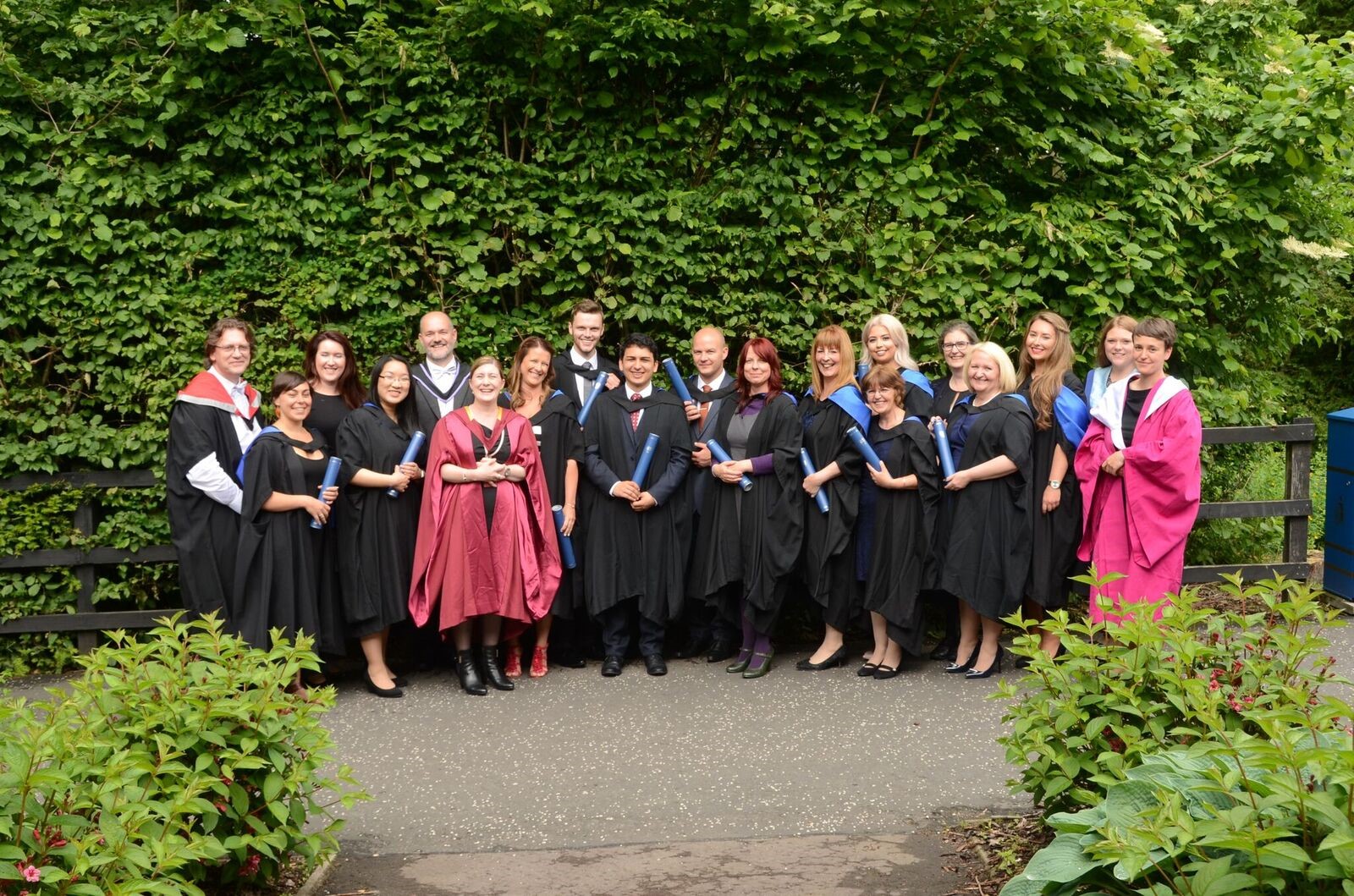
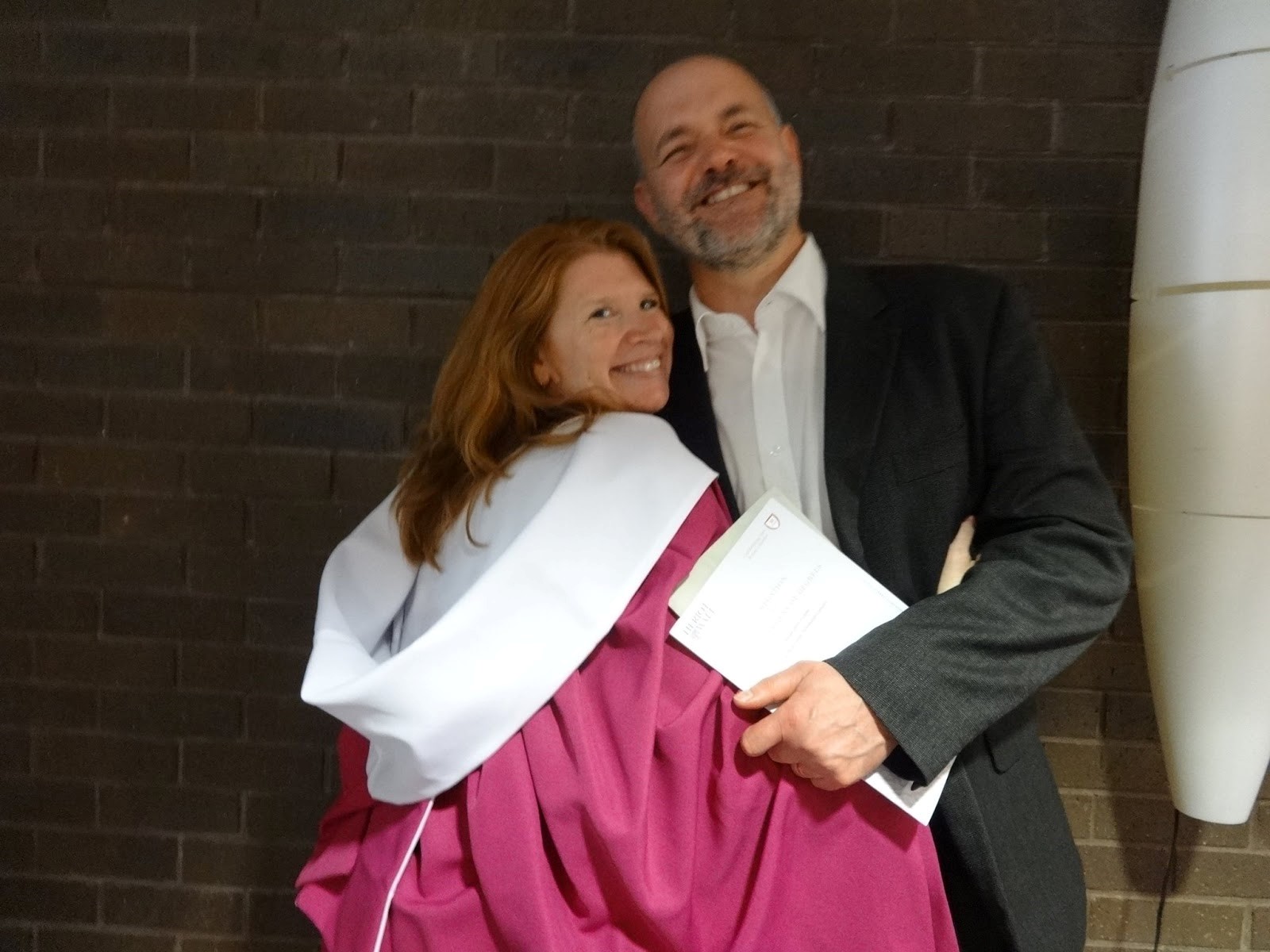
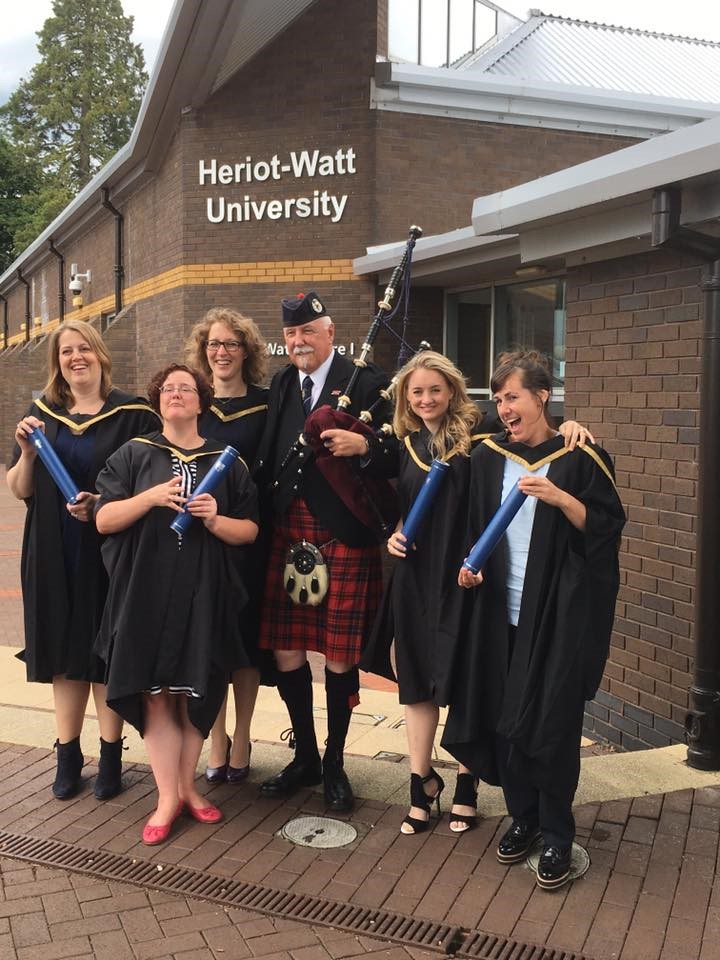




The results from the bab.la competition are out and LifeinLINCS is at the
Top 25 Language Professional Blogs (out of 1,000 nominees and 100 language resources!)
and Top 100 Language Lovers Blog !
These accomplishments will soon feature as “badges” in our pages.
We would like to thank our readers as well as staff and students in LINCS who contribute to the blog.
The Top 5 posts for 2015 were:
The Top 5 posts for this month were:
With 246 posts, almost 90,000 views and more than 42,000 visitors since the blog was launched in 2011, we will continue to publish posts about research and practice in Languages, Interpreting, Translation and Cultural Studies.
Thank you for your support. Stay tuned!
Blog Editor
Four undergraduate students from LINCS were successful in their application for a competitive scholarship offered by the German Academic Exchange Service, ‘Deutscher Akademischer Austauschdienst’ (DAAD) !! The scholarships will enable Sophie Adlington (Year 2), Ashton Murrel, Martin Rawlings and Anna Krajewski (all Year 1) to attend a 4-week-summer university course this summer at a German university of their choice with a focus on German language and culture.
Congratulations to our students!
The DAAD Summer University Scholarships are open to Heriot-Watt students of all disciplines with an intermediate level of German. Scholarships applications open up in November each year.
For more information contact the DAAD-Lektorin in LINCS, Kendra Jaudzin (k.jaudzin@hw.ac.uk)
by Jonathan Downie
Academics are as much followers of fashion as any lover of Dior or Calvin Klein. Sure, it might not be the latest fragrances or the newest haute couture but research tends to be concentrated around a few themes.
In Interpreting Studies, the 70s and 80s were the age of cognitive research, mostly related on conference interpreting. Psychologists flocked to the discipline and those interpreters brave enough to row out into the deep water of academia were happy enough to follow them. In those days, we learned about ear-voice-span, modelling, and error triggers. The foundations would be set for the creation of the effort models by Daniel Gile in the 1990s, models which are still used today, even if there is still debate about their accuracy.
In the 90s, Interpreting Studies suddenly found itself moving away from conference interpreting towards practices that, depending on your particular cultural bent are variously called “community interpreting” or “public service interpreting”. Barring the semantic debate on whether court interpreting is a different kind of thing altogether, these terms roughly mean “anything that isn’t business or conference interpreting”.
Largely, the growth of research in PSI (as I will call it for speed) continues unabated, which is no bad thing. Through research in PSI we have learned that interpreters are social beings, that their work is affected by many more factors than our previous lists of error triggers would have suggested and that the idea that interpreters can and should be all but invisible and default to doing nothing when faced with ethical decisions is a load of nonsense.
So far, so good. But, the sad thing is that these welcome advances in knowledge have taken time to filter down to other areas of interpreting. If it wasn’t for Ebru Diriker, Seyda Eraslan and Morven Beaton-Thome, we might never have realised that conference interpreters and political interpreters are as visible and contextually-driven as their PSI compatriots. If it wasn’t for scholars in sign language interpreting, we wouldn’t have realised that the same norms work in that area of interpreting too. (Actually, one could make a good argument that sign language interpreting scholars figured it all out before anyone else but that is another debate.)
What is becoming increasingly obvious is that the separation of Interpreting Studies into silos – PSI people here, sign language people there, conference people wondering what is going on over there, cognitivists trying to shovel everyone into labs in the corner – is actually damaging to the field and to practice. While we can’t always say empirically that findings from sign language interpreting apply directly to conference interpreting or court interpreting, we can at least argue that people in other areas of interpreting should be paying attention. We might actually want to suggest that the next logical step of most research is to try answering the same questions in a different setting.
But instead of better collaboration, silo thinking is entering even into the realm of industry conferences. The first call for papers of the FIT conference in 2017 included tracks for sign language interpreting and community interpreting only, wiping out any chance for experts in other areas of interpreting to contribute, at least initially.
Yes, yes, conferences have to set themes and have to limit participation somehow but does dividing contributions along the lines of different interpreting settings (and even languages) actually make any sense? Does it not simply reproduce in the conference hall the same divisions and inability to communicate with each other that already dogs our profession? Can’t we do better?
To cite Bob the Builder and President Barack Obama, “yes we can”. What if we had conference themes that dealt with our shared concerns, such as PR, client relationships, safety, and professional status instead of on PSI, conference interpreting and the like? What if researchers worked across sub-disciplinary boundaries to examine whether PSIs use different cognitive strategies than business interpreters or whether some of the work on performance in church interpreting might equally apply to conference interpreting?
It doesn’t take too much imagination to think of ways of breaking out of our current silos and working together. The next big idea for conference interpreting might well come from sign language interpreting. Court interpreters might learn PR and self-presentation ideas from mental health interpreters. Let’s interpret and research together and end our self-imposed divisions. It’s exactly what interpreting needs.
This year’s Critical Link 8 Conference, which will be hosted in LINCS by CTISS, is going to be big. We are delighted to announce the Keynote Speakers:
If the intensive Critical Link 8 Conference Programme is not enough and you are looking for even more things to do in Edinburgh next month, we have an exciting list of pre-conference events:
PRE-CONFERENCE WORKSHOPS (summary)CL8 delegates and external participants |
||||||
| Monday, 27 June | Tuesday, 28 June | |||||
Beginners’ CAT Tools – Trados |
Working in the Booth: Simultaneous Interpreting Taster |
Changing Societies, Changing Terminologies: Challenges for Public Service Interpreters |
Is There an App for that? Getting the Most out of Tablets in Community Interpreting |
Speak the Unspeakable: Interpreting for Victim Services |
Mission not Impossible: Teaching Interpreter Skills in Short Course Settings |
“Shh…!” Confidentiality Issues for Freelance Translators and Interpreters |
Ramon Inglada |
LINCS Staff |
Katerina Strani |
Alexander Drescel & Joshua Goldsmith |
Marjory Bancroft |
Katherine Allen |
Sue Leschen |
One-day |
One-day |
Half-day: afternoon |
One-day |
Half-day: morning |
Half-day: afternoon |
Half-day: afternoon |
For more information & to register, click here
PRE-CONFERENCE VISITS (summary)CL8 delegates and partners/friends only |
||
| Tuesday, 28 June | ||
| Visit to the Scottish Parliament | 17.15-18.30 (tbc) | Leaving Heriot-Watt 16.00-16.30 OR Meeting as Scottish Parliament at 17.00 |
| Walking Tour of the Royal Mile | Starting 18.30 | Meeting in City Centre |
| Guided Tour of Mary King’s Close | 20.00-21.00 | Meeting in City Centre |
For more information, click here
To register, click here
Looking forward to meeting you all in June!
This year’s Edinburgh Interpreting Research Summer School (EIRSS) is taking place on 04 – 08 July 2016, right after Critical Link 8.
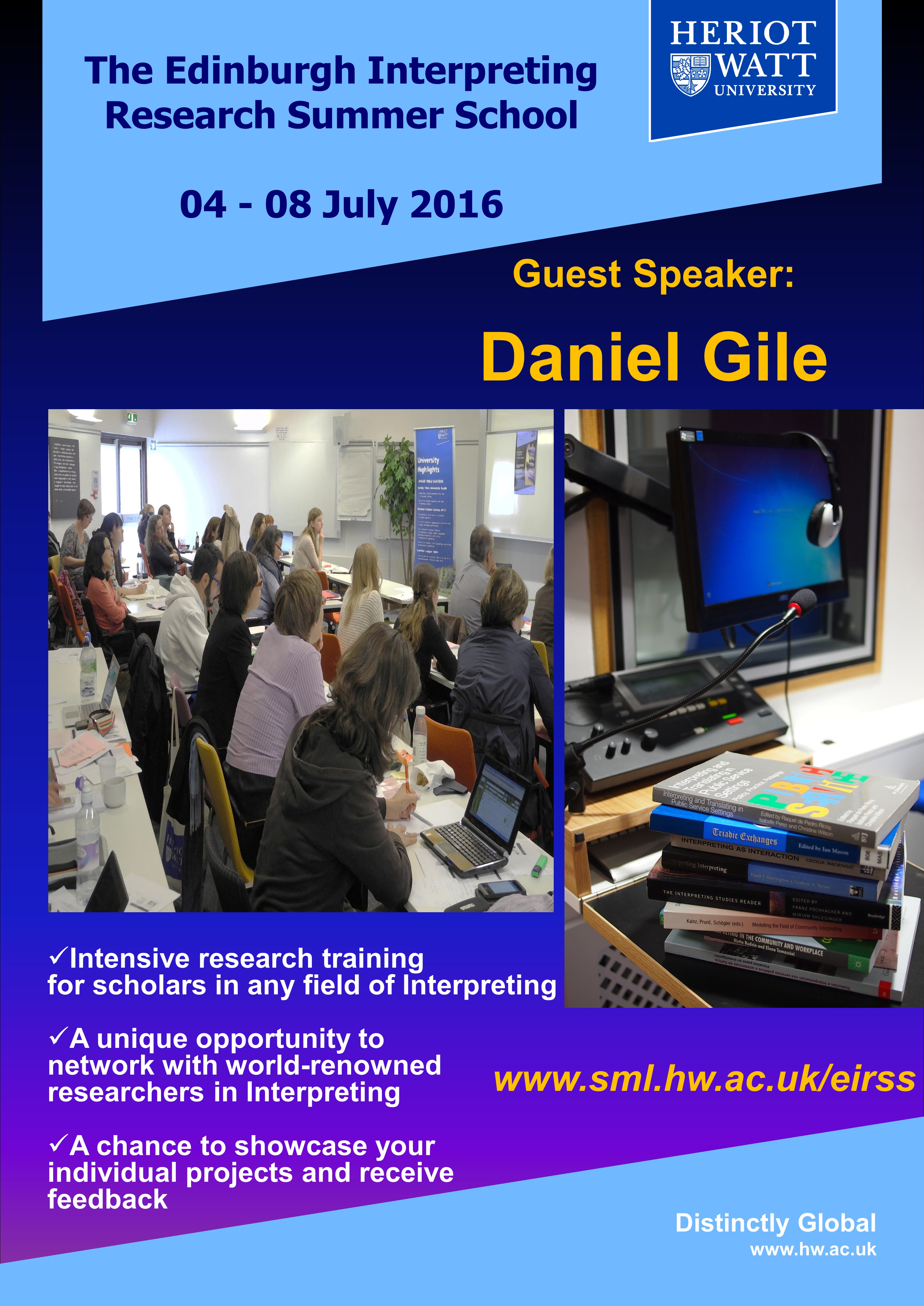
We are delighted to have Daniel Gile as our guest speaker again this year. Professor Gile was also our guest speaker in the inaugural EIRSS in 2013.
The EIRSS is designed to offer intensive research training for existing and future scholars in any field of interpreting. Relevant to researchers interested in Conference Interpreting (CI) and Public Service Interpreting (PSI) alike, for both spoken and signed languages, EIRSS includes lectures on the state of the art in CI and PSI research, seminars on methodology and research design and a round-table discussion. Suggested reading lists and other materials for personal study are also provided. EIRSS 2016 fits in nicely with this year’s CL8 theme, so if you are attending both, you pay a reduced fee for EIRSS.
The five-day programme includes guest lectures from world-leading figures in interpreting research as well as seminars by Heriot-Watt academics, librarians and research managers. Participants also have the opportunity to network with world-renowned researchers in the field of Interpreting as well as the chance to showcase their own projects and receive feedback from the expert staff in LINCS.
The updated programme can be found here
For more information about the EIRSS, please click here
To register, please click here – EARLY BIRD ENDS ON MAY 13th !!
Looking forward to meeting you and talking about research in Interpreting Studies!
#EIRSS2016
I had just broken my toe, was in agony, prescription drugs and chunky shoes but – who cares. It was my first SCIC universities conference in Brussels and I was buzzing. Two days of discussing new learning needs for interpreting students with one of the biggest clients on the market: the EU Commission. Bring it on.
Delegates from other EU Institutions were also present, as well as colleagues from universities worldwide. This year’s theme was “Modern Learning Times – New Learning Needs”.
We started with speeches by SCIC’s Head of Multilingualism and Interpreter Training Support Unit, Javier Hernandez Saseta, who spoke in Spanish. We then moved to Commissioner Kristalina Georgieva’s opening address. She spoke in Bulgarian and urged us to think about the interpreters of the future and how we can train them. Acting Director General of SCIC Carlos Alegria then also made an opening statement on the need of bridging the gap between interpreter training and professional needs. Everything was interpreted into English, French and Spanish by EU staff interpreters.
You would expect EU staff interpreters to be brilliant, and they were. The calmness and professionalism with which they rendered the most complex messages was unbelievable. They made a highly demanding and challenging cognitive task seem almost effortless and they were a pleasure to listen to. I was particularly happy to hear so many Irish accents in the English booth, and I swear I could hear a loud cheer when colleague Susan Folan from Galway spoke in Irish during one of the debates – or maybe it was just me.
The Young Interpreters’ Award – Leopoldo Costa Prize this year went to Monika Schneider, a student at the University of Germersheim who presented her winning piece “Modern Learning Times” in German.
Next, the Director of “Provision of Interpretation” of the Commission’s DG Interpretation Brian Fox presented the much-awaited ‘Trends in Interpretation’. According to the Council League Table 2015, the languages used mostly in interpretation slots are: FR, EN, DE, IT, ES. My own language, Greek (EL) came in 9th place.
Finally, Javier Hernandez Saseta presented an overview of SCIC support activities and reminded us that programmes should train for the broader market – something that LINCS has always been doing and is valued by students and graduates.
This year marked the 20th anniversary of the SCIC Universities Conference, so four (!) cakes were cut to mark the occasion:
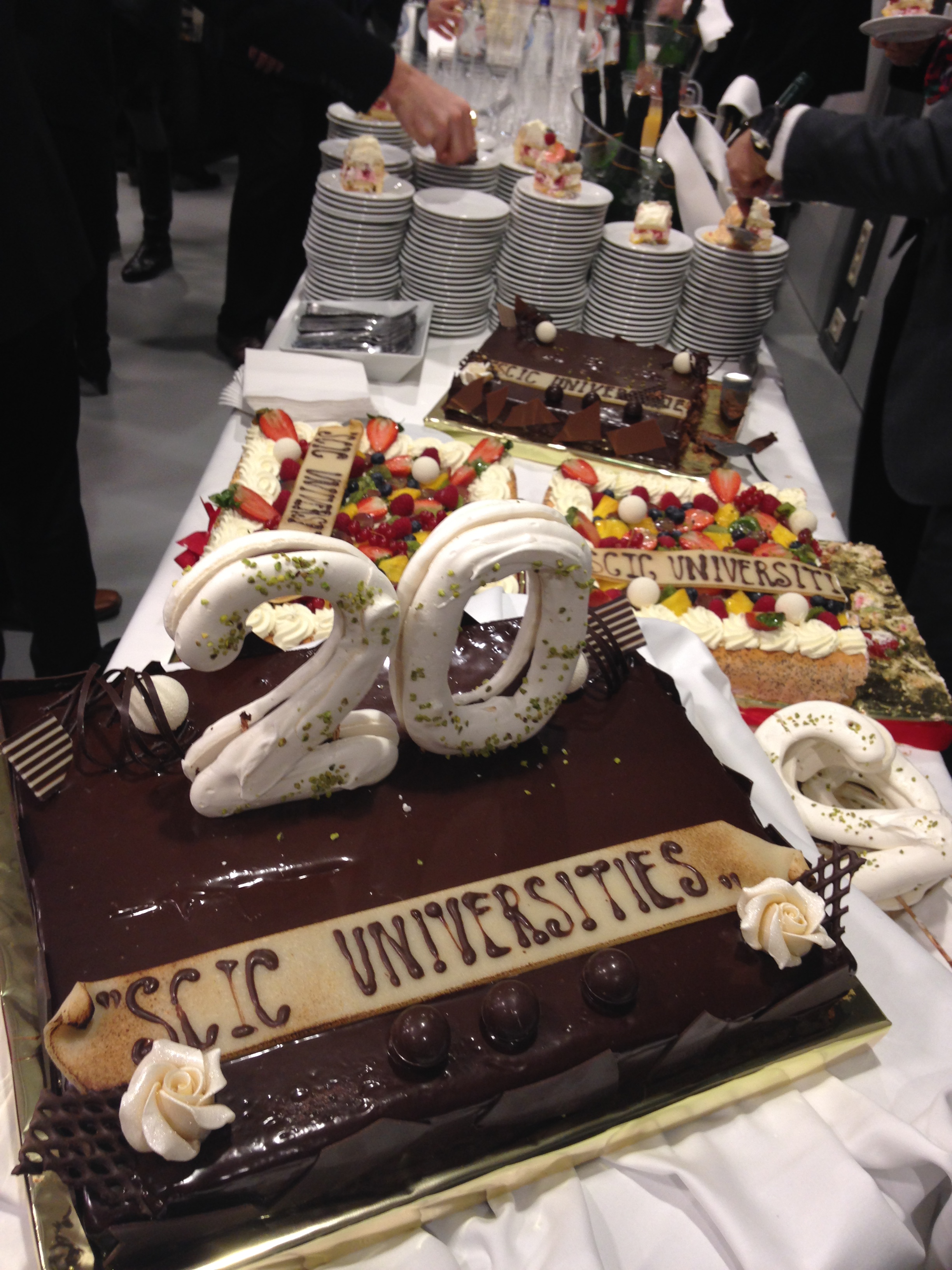
A webcast of Day 1 can be found here.
Day 2 was more hands-on. We rolled up our sleeves and started with the e-learning think tank led by the Head of the e-learning sector at SCIC, Fernando Leitão. Today was all about “blended learning”, something that we have been practising for quite some time in LINCS with the combination of in-class and online learning activities, use of technology, podcasts etc. AND something on which we have published papers.
Marta Kakol presented one of the most popular learning resources, the Speech Repository. The Speech Repository is a fantastic resource that is now available to everyone for free. It consists of a multilingual speech bank that covers all EU official languages, as well as languages such as Turkish, Russian and Chinese (Mandarin). The speeches are categorised into levels from basic to very advanced and include test-type speeches for those interested in taking the EU test. SCIC is working hard to expand this database so that it can be used even more widely. The Speech Repository also offers the possibility of users to record their own speeches and build their own private speech banks to manage their training and practice. A simple tutorial on how to use the functions of the Speech Repository can be found here.
Another resource that I always recommend to students is ORCIT. I was thrilled to meet a lead member of the ORCIT team, Matthew Perret, a high-calibre interpreter based in Berlin with whom I also share a passion for comedy. I must add, though, that, unlike me, he is actually brilliant at it.
Discussions on blended learning were followed by Head of Unit for Interpreter Training Alison Graves’ presentation on blended testing, which introduces more flexibility to the EU test (without making it any easier!).
Sarah Bordes from ISIT in Paris presented a university’s perspective and renowned interpreter trainer Michelle Hof (aka The Interpreter Diaries) presented a trainer’s perspective on blended learning. This theme continued with Pedagogigal Assistance Coordinator Cathy Pearson’s presentation of SCICTrain and its huge potential, and Kilian Seeber’s presentation of a blended learning project at the University of Geneva.
Olga Egorova from Astrakhan State University made us think about different types of blended learning, including the usefulness of translation training for interpreters. This helps to create ‘hybrid’ professionals with better skills who are more competitive in the international market. This is certainly the case in LINCS with the popular LINT programme (MA (Hons) Languages – Interpreting and Translating). I graduated from this programme myself in 2001, specialising in French and Russian. We now offer French, Spanish, German, BSL at undergraduate level, as well as Chinese and Arabic at postgraduate level.
Lastly, Alexandra Panagakou, Head of Professional Support for the Interpreters Unit, spoke about SCIC in-house training and the importance of interpreters as autonomous learners. It would have been great if she had spoken in Greek, as I selfishly wanted my language to be heard as well!
A webcast of Day 2 can be found here.
Thank you @EUinterpreters
Until next year!
By Jemina Napier



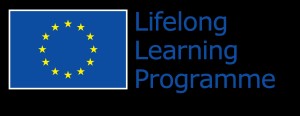
Click here to see a version of this blogpost in BSL.
As part of the Justisigns project, which is funded through the European Commission Lifelong Learning Programme, a masterclass was run in November 2015 jointly between the Heriot-Watt University BSL/Justisigns team and Police Scotland and included CID/police interview advisors, Deaf community representatives and BSL/English interpreters. The workshop involved joint and group sessions on the potential barriers for deaf people in accessing police interviews, the challenges for interpreters to accurately convey the goals of police interviewers, and deaf/sign language awareness raising for police interviewers, as well as interactive simulation role plays of BSL interpreted police interviews.
One of the issues raised during the discussions was the lack of standardization in a translation of the Scottish police caution, so interpreters may produce different versions of the caution in BSL. As the police caution is legally binding, the words are used specifically and are read out verbatim by police interviewers and sometimes followed up by an explanation if the person being questioned does not understand the formal caution.
Although a BSL translation of the English police caution is available, the wording of the caution is different from the Scottish caution, and therefore the BSL translation is also different from what is needed in Scotland.
At the masterclass workshop it was identified that having a BSL translation of the Scottish Common Law Caution available on video as a reference point for police, interpreters and the Deaf community would be a useful development. The ideal would be for a BSL translation to be accessible online for police to access on a mobile device (for example if detaining someone before an interpreter arrives) or for interpreters or deaf people to access at the point of a police interview (e.g. through an iPad or computer). At no point would the availability of the BSL translation circumvent the need for a BSL/English interpreter, as it is a legal requirement for interpreters to be present for any interaction between a police officer and a person who uses a different language.
So as a follow-up to the masterclass, we organized a translation workshop and invited key stakeholder representatives to be involved in discussing, developing and finalizing a standard BSL translation of the Scottish police caution. In addition to the Heriot-Watt University BSL/Justisigns team participants included representatives from Police Scotland, the British Deaf Association (Scotland), experienced legal BSL/English interpreters and a deaf interpreter.
The participants engaged in a ‘forward and backward’ translation process (Tate, Collins & Tymms, 2003), reviewing drafts of BSL translations, discussing lexical and legal conceptual challenges and creating new BSL versions of the caution.
At the end of the workshop a final version was agreed upon and filmed. This BSL translation of the Scottish Law Caution is now available to be referenced by BSL/English interpreters and interpreting students, police officers and Deaf community members in Scotland.

(Scottish Law Caution BSL translation translated by deaf interpreter, Clare Canton)
As part of the discussions it was also agreed to film an explanation of the Scottish Law Caution in BSL, to reflect what typically happens in a police interview where a police offer would read the caution verbatim, and then provide an explanation. The explanation that we agreed upon is as follows:
This Scottish police Caution means: You have the right to be silent. You don’t have to answer any questions, and you don’t have to tell me anything about what’s happened. But if do you have any explanation or comment to give at any point in this process, this is your opportunity to do that and we will record it (written, audio, video). And the recording may be used for further investigation in this case and in court proceedings.
This BSL translation of the explanation is also now available to be referenced by BSL/English interpreters and interpreting students, police officers and Deaf community members in Scotland.

(Scottish Law Caution BSL explanation produced by legal interpreter, Brenda Mackay)
We would like to thank all the workshop participants for their contribution to creating this resource for interpreters, police and deaf BSL users in Scotland, and encourage as many people as possible to access this resource.
Look no further.
This year we are organising a CAT Tools Series as part of our CPD Programmes, starting with Trados Studio 2015.
The 1-day Beginners Course takes place on April 5th and the 1-day Advanced Course takes place on April 22nd. Register now as places are limited!
For more information on all our spring courses, please click here.
And don’t forget our Applied English and Interpreting Summer School!